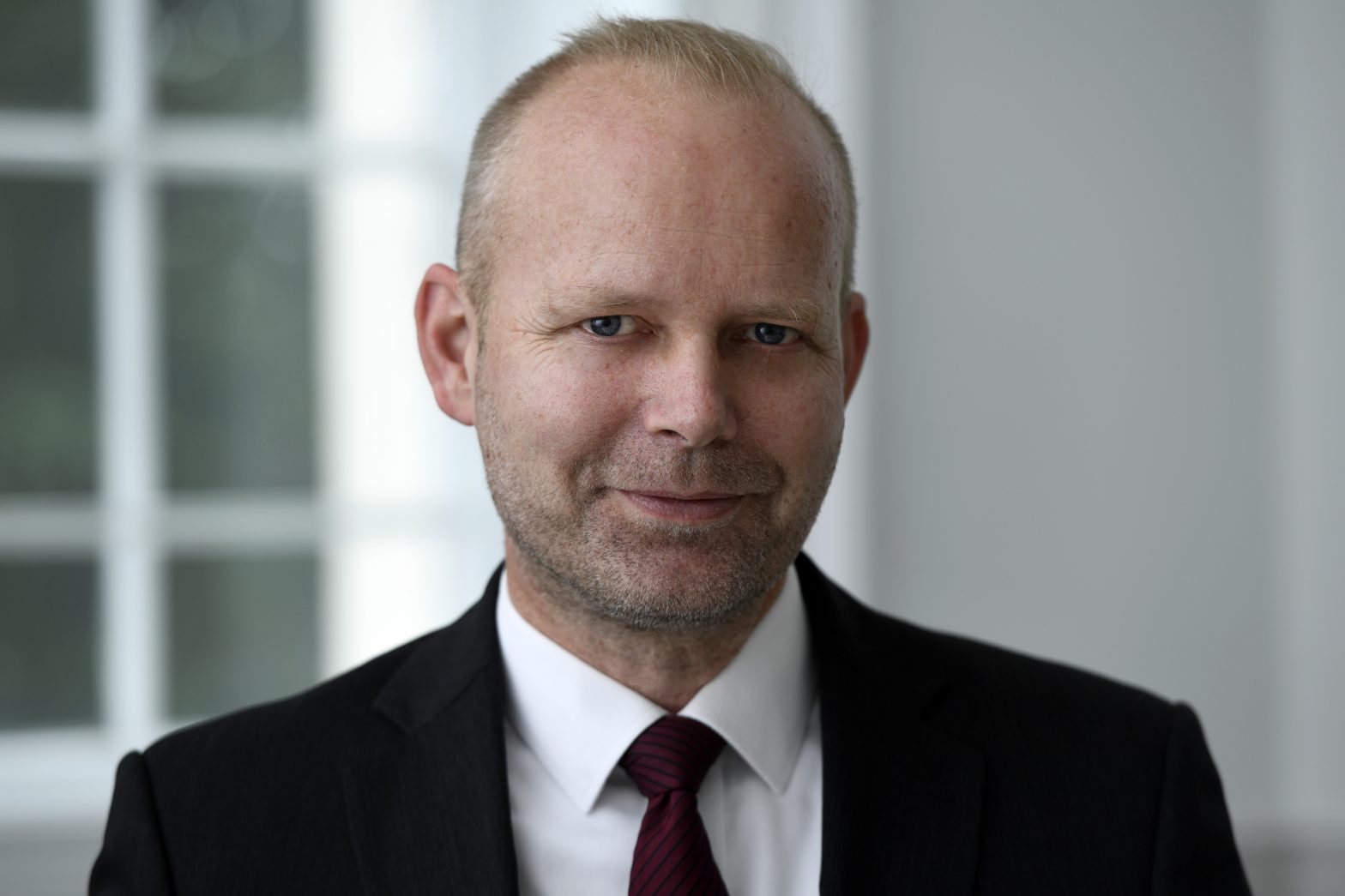Contrasting conferences: shifting political tides and future uncertainty

Paul Montague-Smith delves into the Conservative and Labour conference, and what they might tell us about the political parties’ fortunes.
If you want to take the temperature of the mood and direction of the political parties their annual conferences are always a good place to start. I attended both the Conservative and Labour conferences (in Manchester and Liverpool respectively), and the difference couldn’t have been starker.
True, the intentional rail strike that was planned to disrupt the Conservatives clearly had an effect in Manchester, where the main hotel bar was probably half as crowded as it should have been for a party in government. But the mood throughout felt flat. Many MPs stayed away. Even the protesters who used to shout ‘Tory scum’ at anyone approaching the entrance were largely absent, save for a rally by doctors and a march by American Bully XL dog owners who don’t want the breed banned. The only thing that could be described as a ‘buzz’ was the swirl of young politicos constantly following Nigel Farage around.
Labour’s conference in Manchester couldn’t have been more different. It was the biggest conference they’ve ever had, with 18,500 delegates and many MPs attending. The energy levels were on a different level, the mood optimistic and hopeful, with a definite ‘buzz’ in the air. The message discipline was exceptional. In every speech and at every meeting the party’s spokespeople hammered home the key points they wanted to get across. What was striking was the keenness to have businesses onside and to work in partnership. Also striking was the number of senior business representatives who were being effusive in their praise for the current Labour team. The influence of advisers like Peter Mandelson, one of the architects of New Labour, was very visible, as was he himself around the conference centre.
The conference season was always going to be a tough gig for the Prime Minister, and so it proved to be. The policy announcements around HS2 and delaying the banning of petrol vehicles had a very mixed reception, even within the party. I said last month that his challenge was to show he is a leader, not just a competent manager. While you could argue that grasping the nettle on HS2 shows he’s prepared to take difficult decisions, I think the jury still has to be out, in that few will have come away from Manchester feeling there was a strong vision for the run up to the general election and beyond or, importantly, hope and belief that they will succeed. Any optimism that there may have been among some Conservative Party members leaving Manchester must surely have all but evaporated following the two by-election defeats where swings of over 20% replicated the scale of other recent losses.
There are, though, two big set piece events this month where the Government can try to regain some of the narrative and set out its stall. The state opening of the new session of parliament will take place on 7 November, giving the Prime Minister the opportunity to set out his legislative priorities for the coming year. In reality, much of it is unlikely to reach the statute books. With an election expected in the autumn of next year, bills that haven’t passed by the summer recess could get caught up and fall. Even so, it provides an opportunity to create some dividing lines with Labour and a platform to accuse Keir Starmer of opposing change.
On 22 November, the Chancellor will give his Autumn Statement. The Chancellor has made clear that with the current levels of debt and borrowing he faces tough choices and won’t be cutting taxes as some of his backbenchers want. At his last fiscal statement, the Office for Budget Responsibility showed he had a wafer-thin buffer to play with. He still doesn’t have much room for manoeuvre, so whatever he announces is unlikely to shift the dial in voters’ minds.
There can come a point in political parties’ fortunes where the mood and expectation of the country has moved so much that change is inevitable, whatever the party in government tries to do. As time goes on, it increasingly seems that threshold has been passed.
